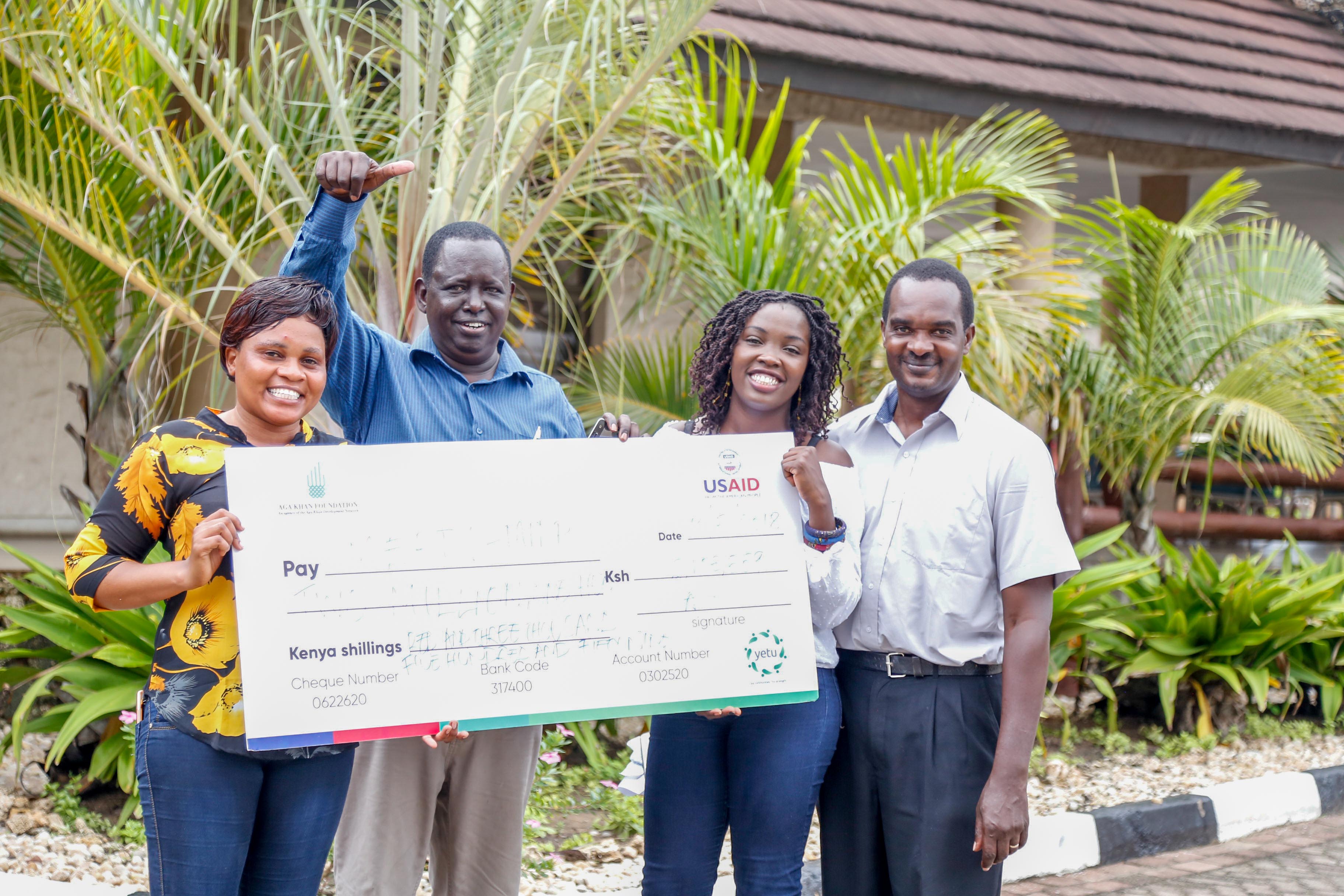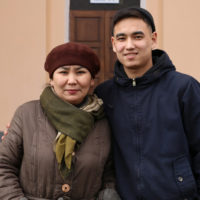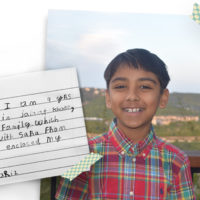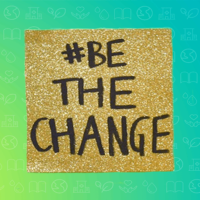Jedidah always arrived early at the office. Some of her colleagues called her ambitious, but for her, the job was fulfilling as she saw herself in every girl that was being supported by her organization. Having joined the Kenyan nonprofit Merti Integrated Development Programme (MID-P) three months earlier as a Girl Education Officer, she had just gotten familiar with her role and was looking forward to a great year.
When a Nonprofit Faces a Crunch
In the span of 15 years, MID-P had paid tuition for over 350 girls from pastoralist communities in Kenya’s Isiolo County to pursue higher education. Upon graduation, these girls would have access to economic and leadership opportunities within the community.
On this particular day, Jedidah was vetting a new batch of applications when the terrible news came: MID-P’s two main donors had just informed management that they would be scaling down their donations over the coming years. Their plan was to completely withdraw funding by 2020.
The first thing that ran through Jedidah’s mind was that this was a very bad omen. Just as she joined the organization, they were losing their budget. Within a few months, she found herself responsible for raising the money needed to bridge their budget deficit.
“We organized a number of fundraising activities including dinners, youth events, and even reaching out to corporates,” she says. “None of them worked.”
A fundraising event they held in 2017 had raised slightly over 10,000 USD, but the cost of putting together the event was 6,500 USD. They had hoped to raise three times the cost and had spent six months organizing the fundraiser—leading them to conclude that the event was a failure. Due to the shrinking budget, they had to slash the number of girls they supported from 20 to 12 girls per year.
While most of her colleagues accepted the new harsh budget reality, Jedidah was still optimistic that things would work out.
New Tools for Fundraising
A few months later, in October 2017, Jedidah received an email inviting her organization into the Yetu community. Yetu is a partnership funded by Aga Khan Foundation and the United States Agency for International Development (USAID). Yetu seeks to strengthen nonprofits in local fundraising and enhance the culture of community philanthropy in Kenya.
Through Yetu, Jedidah and two of her colleagues gained practical skills like fundraising and promoting community engagement efforts. Over 8 months, they attended three intensive workshops—activities that were reinforced with coaching, mentorship, and peer learning.
During this period, Jedidah and her team began a local fundraising drive. They managed to fundraise $32,300 USD in both cash and in-kind donations from Kenya. Yetu then matched this amount with an additional $21,035 USD.
On learning about this achievement, the donors who were phasing out reconsidered. They donated $9,000 USD in appreciation of the team’s success. Jedidah also notes that they are now reaching out to the county government and a number of corporates who she hopes to have on board in the next few months. [At the time of publishing, MID-P had secured a partnership funding agreement with their local county government.]

Enabling Local Organizations to Sustain Themselves
“Yetu was an eye-opening experience,” Jedidah says. “I got to learn on how best to undertake local philanthropy and now know the mistakes we did in our initial fundraising efforts. We are now able to realize the opportunities we have in our local settings that can enable us to raise funds for sustaining our project.”
Jedidah adds, “Through Yetu, we have strengthened MID-P; we have an active board and put in place relevant policies so as to continue transforming lives of young pastoralist women and giving hope not only to their families but also the community.”
Jedidiah and her colleagues now have renewed their optimism for the future and confidence in their abilities.
“We are looking forward to turning this campaign into a yearly drive. Strategies are in place to ensure it becomes an ongoing success. Thanks to the Aga Khan Foundation and USAID for supporting this initiative and helping us realize that sustainability is possible with the right skills and knowledge.’’
Victor Akumu is a Strategic Digital Communications Fellow with Aga Khan Foundation USA.
This post is part of the #humansoftheworld series on our blog—a collection of tales we can both relate to and marvel at. Here, we share stories of appreciation, self-reliance, and strength from across the Aga Khan Development Network.


